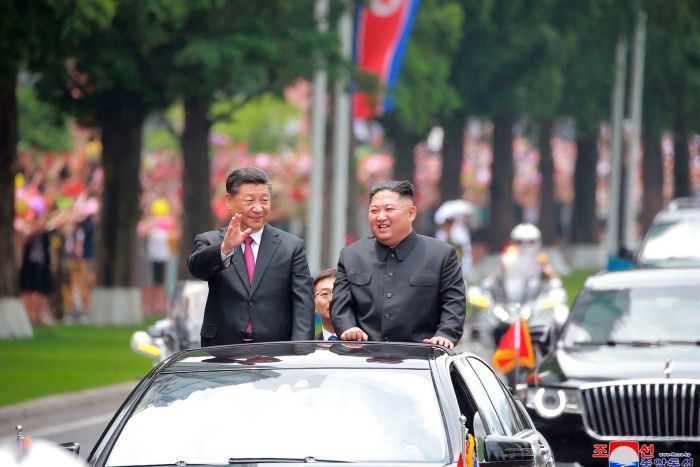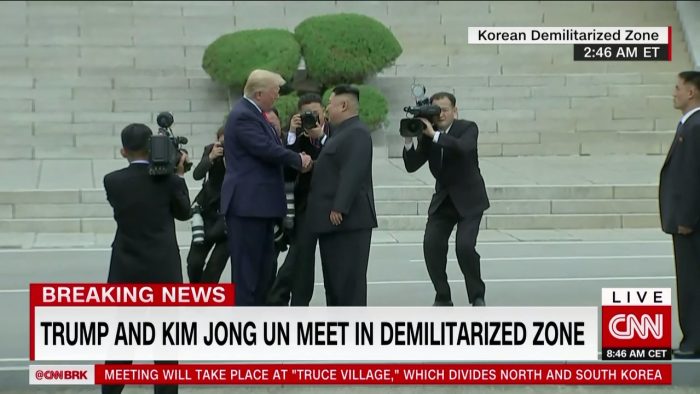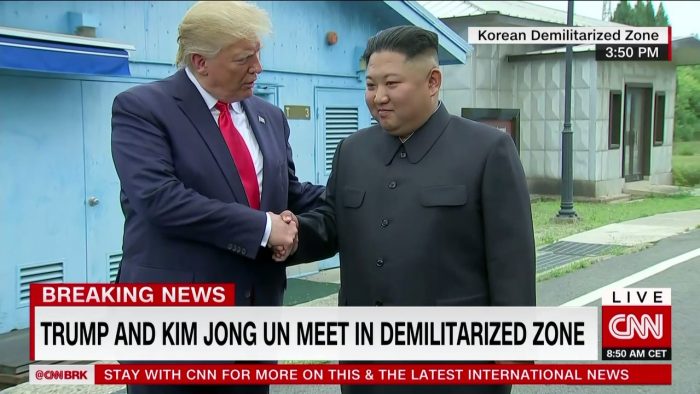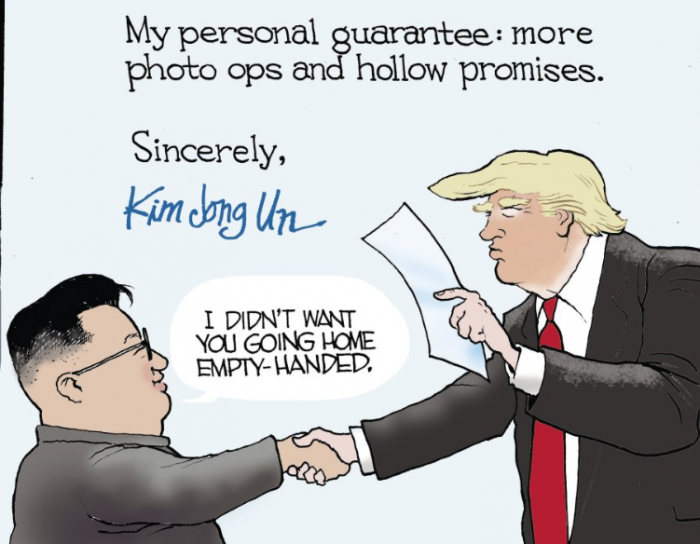North Korean and Russian top brass meet to agree on military cooperation
North Korea welcomed a Russian delegation on Wednesday and the two sides agreed to expand military cooperation, according to Russian media.
Russia’s deputy defense minister Alexander Fomin met with his North Korea counterpart, Kim Hyong Ryong, in Pyongyang and discussed common goals of the two countries, Tass reported. “The main objective of the visit is to establish the specific details of military cooperation between Russia and North Korea,” Fomin said.
Ahead of the visit, Russia’s defense ministry issued a statement. “During the upcoming talks, the sides plan to discuss the situation in Northeast Asia and on the Korean Peninsula, the conditions and prospects of Russian-North Korean cooperation in the military sphere, as well as relevant issues on the international and regional security agenda,” the ministry had said.
Fomin said military cooperation between Russia and North Korea had become more active following the summit between Russian President Vladimir Putin and Kim Jong Un in April.
[UPI]




